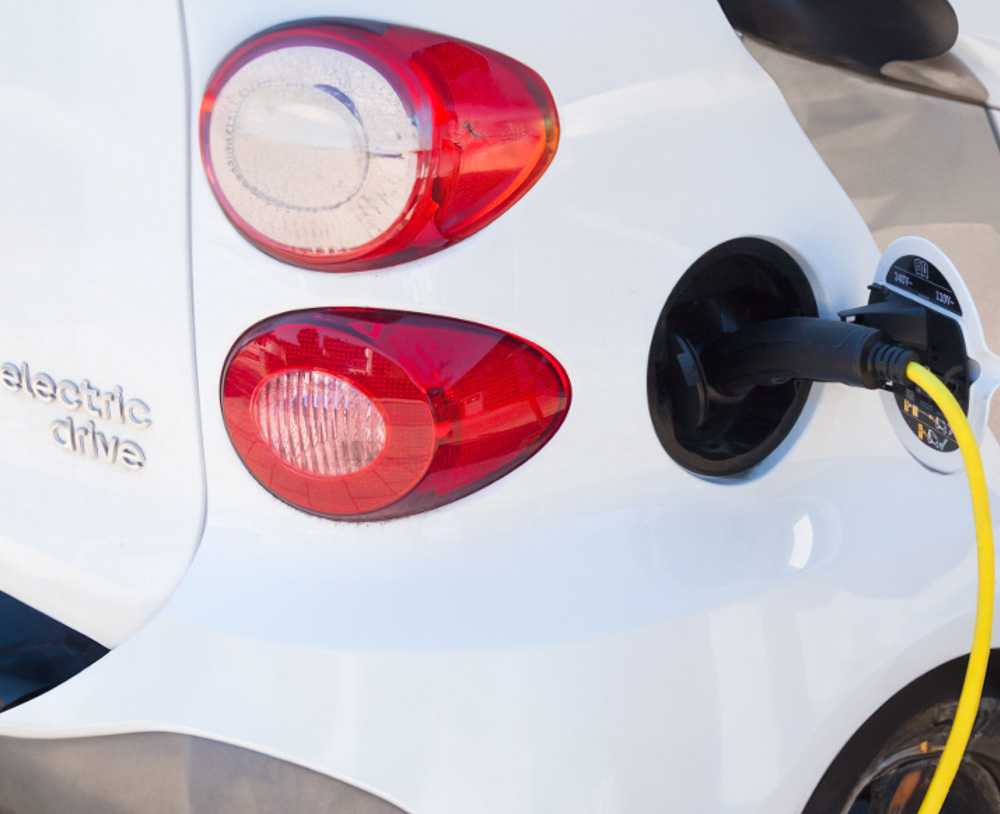
Just count how many people you see gazing into a hand-held screen on your way to work each day. Battery-powered smartphones are expected connect 2 billion users worldwide by 2016. Yet, as important as batteries already are to our everyday lives, they are about to become even more important. There’s a revolution going on in transportation and battery power will be at the forefront.
Battery power has become the backbone of our connected society.
A NEW CAR!
Two earthshaking developments in the automotive industry are pushing the need for more powerful and more efficient batteries.
First, there’s the electric car, which is growing in popularity as technologies and designs improve. The cars are becoming more affordable as more consumers get on board with greener lifestyle choices.
The second development is the rise of the self-driving car.
Why will batteries be more important in self-driving cars than in plain old drive-yourself cars? Car designers are already predicting that the change to self-driving cars will transform the way people use the car’s interior space.
Jaguar Land Rover design chief Gerry McGovern recently told an interviewer that the backseat will become the home office of the future. Suddenly cars will become a mobile living and working space.
Inevitably passengers will use more energy to power in-car appliances, communications and entertainment systems. All these electronics will become increasingly sophisticated as self-driven culture hits the road.
FORM ZERO TO HALF-A-MILLION
Today there are over half a million electric vehicles on the road around the world, up from virtually zero just a few years ago. If the trend toward electric cars also continues, as many expect it will, then it’s a safe bet that the car of the future will be both battery powered and self driven.
It will take innovative new battery design to meet the self-driven car’s new energy needs combined with the already considerable energy needs of an electric motor. Will car-makers ensure that their innovations do not cause further harm to the planet?
BEYOND LITHIUM-ION
Most electric cars run on huge lithium-ion batteries which take about 10 hours to re-charge and have a limited range, usually no higher than 130 km (81 miles). The range is even lower in plug-in hybrid vehicles, which use a less powerful battery. The new Tesla S, on the other hand, has an innovative high-power battery that gives it nearly three times the range of other electric cars.
Since these cars re-charge using the power grid, they consumer large amounts of electricity, which, depending on where you live, is probably produced by burning fossil fuels. The batteries are also very energy intensive to produce and contain dangerous toxic chemicals that will inevitably begin to pile up as the first generation of electric cars heads to the scrap heap of the future.
At a time when society is learning from our past ecological failures and moving toward greener technologies, clean, electric transportation is a necessity. It would be sad irony (not to mention disastrous for the environment) if the car of the future is fueled by unsustainable power.
By Will Gibbens – Table Talk Communications for stay amazed every day
